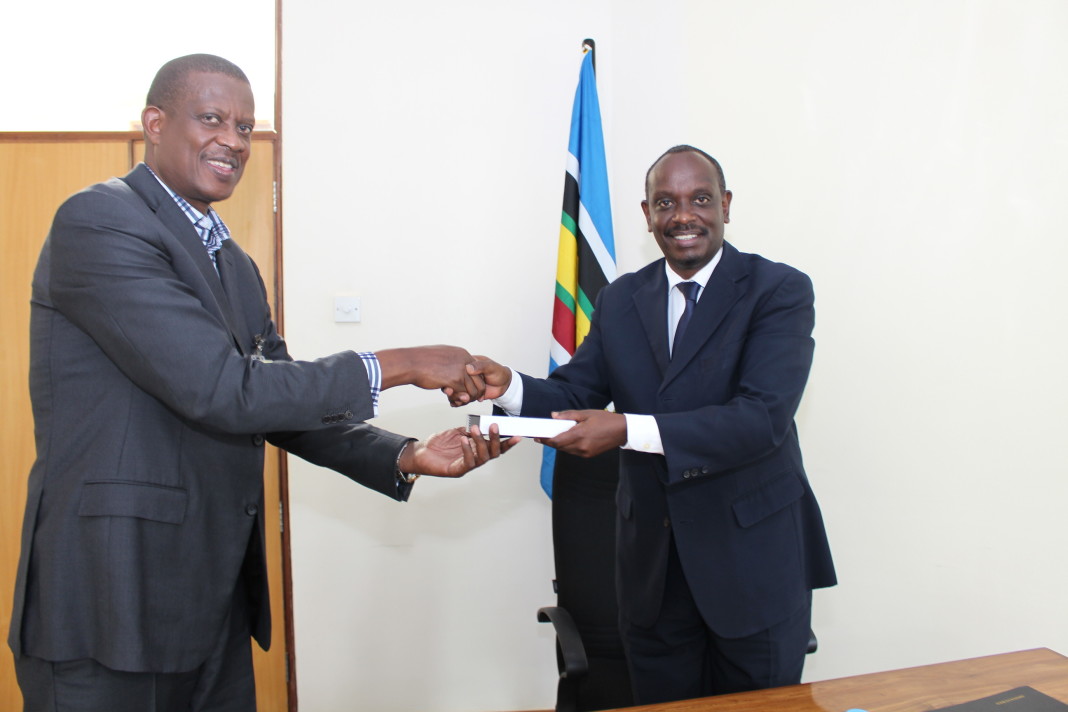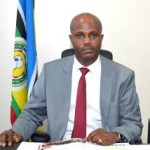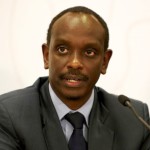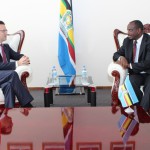The Secretary General of the East African Community Dr Richard Sezibera recently received Mr Sam Nkusi, the Group Executive of Liquid Telecom, the leading independent data, voice and IP provider in Eastern, Central and Southern Africa.
The Secretary General, who was accompanied by the EAC Senior Engineer in charge of Planning and Communications, Eng Robert Achieng, warmly welcomed the Liquid Telecom Group Executive to the EAC Headquarters.
Mr Nkusi briefed Amb Sezibera on the operations of Liquid Telecom and said the company was embarking on a project to build a new submarine cable infrastructure that will provide a cost-effective and reliable link for landlocked, southern, central and east African countries to the Internet and to the world.
“Leveraging Liquid Telecom’s 20,000km-long fibre optic terrestrial network, this pan-African private sector project will support fast growing needs for Internet connectivity and help Africa’s Information Communication Technology (ICT) sector leapfrog towards achieving its Sustainable Development Goals,” noted the Liquid Telecom CEO.
Mr. Nkusi reiterated that the cable, running along the East coast of Africa and into the Red Sea, will take a less congested route to Europe, and will interconnect with all existing networks and with other international submarine cables. According to Liquid Telecom, this will also address the need for mobile operators to increase internet speed delivered over their mobile broadband networks.
He said the project was a major step towards fulfilling EAC’s mission to widen and deepen Economic, Political, Social and Cultural integration in order to improve the quality of life of the people of East Africa.
The Secretary General hailed the private sector-led initiative and urged Partner States to support the project. He noted that the biggest support EAC could provide towards the overall implementation of the project would be to provide a Cross-Border Inter-Connectivity Regulatory Framework in order to guide and facilitate inter-connections across borders within the EAC, and could .possibly be shared with other regional economic blocs in Africa.








